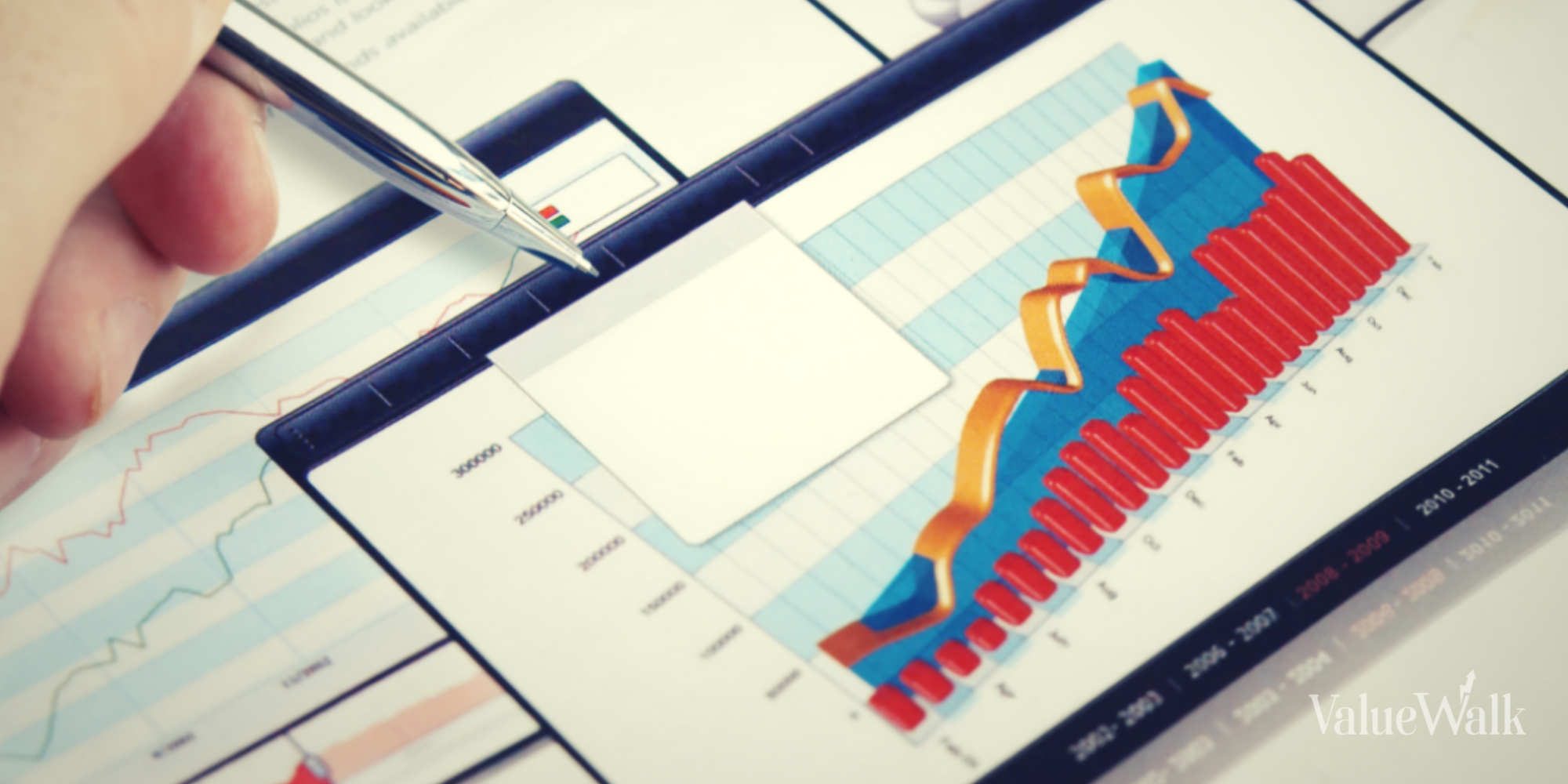You’re young. You’ve got a little money to put away every month. You aren’t madly engaged with markets. But you want to invest for the long term in a low-cost, properly diversified manner. What do you do? Ask almost anyone and you will get the same answer.
You buy an exchange-traded fund that tracks the MSCI World index. It’s cheap. It’s simple. It’s got a bit of everything in it, and the data regularly show that buying and holding it means you get better returns than from most of the world’s actively managed funds. Add it all up, and it’s hard to see why you’d do anything else.
Q3 2023 hedge fund letters, conferences and more
But look at little harder and you will begin to see a problem. The MSCI World Index might have a little bit of all sorts of things in it (a little France, a little Italy, a little Spain, for example), but it also has an awful lot of just one thing, US equities — and in particular an absolutely massive weighting toward what are now known as the Super Seven or the Magnificent Seven (Apple Inc., Amazon.com Inc., Alphabet Inc., Meta Platforms Inc., Microsoft Corp., Nvidia Corp. and Tesla Inc.) or sometimes the MegaCap-8 (the previous 7 plus Netflix Inc.). There might be 1509 companies represented in the index, but nearly 20% of it is made up of just eight of those companies.
That’s not all. Add in the other US stocks, and an astonishing 70% of this world index is made up of US stocks alone. The next biggest country market in there is Japan with 6.1%. The UK has just under 4%. It is also worth noting it has a relatively unusual definition of “world,” in that not only is it mostly all about the US, but it includes only other developed world markets. If you thought that “world” investing included a little exposure to India, Vietnam or even Singapore, you thought wrong. For that, you’ll be needing the MSCI Emerging Markets Index or the MSCI ACWI (all country world index), although even with that you’ll still be 60% in the US and very heavily in the Super 7 — the market cap of these inside the MCSI ACWI is more than that of Japan, the UK, China and France combined.
This is in large part about momentum. The MSCI World index is market capitalization-weighted, so the bigger any one company’s market cap gets — the more expensive it gets — the more of the index it makes up. And the Super 7 have been getting bigger and bigger. Year to date, they are up an average of 68%. Some are up more than others (Nvidia up 227% but Apple only 56%, for example), but they have all had a fantastic year. The rest of the world is up an average of 10% — the result being that the Super 7 weighting has gone up.
This is obviously not bad news, nor is it necessarily going to become bad news. US companies have a stunning track record of exceptionalism — producing constantly higher return on equity for example than other countries. They also keep showing excellent earnings growth. Ed Yardeni of Yardeni Research points out that even with the surge in their stock prices, “growing optimism about future earnings growth has meant the group’s forward P/E has increased only modestly this year. It stands at 27.9, well above the low of 21.1 at the start of this year but well below the high of 38.5 in August 2020.”
Article by Merryn Somerset Webb of Bloomberg News, Advisor Perspectives

